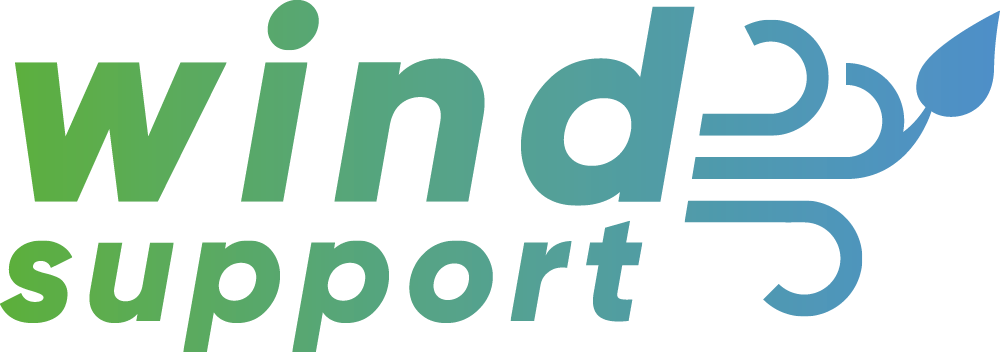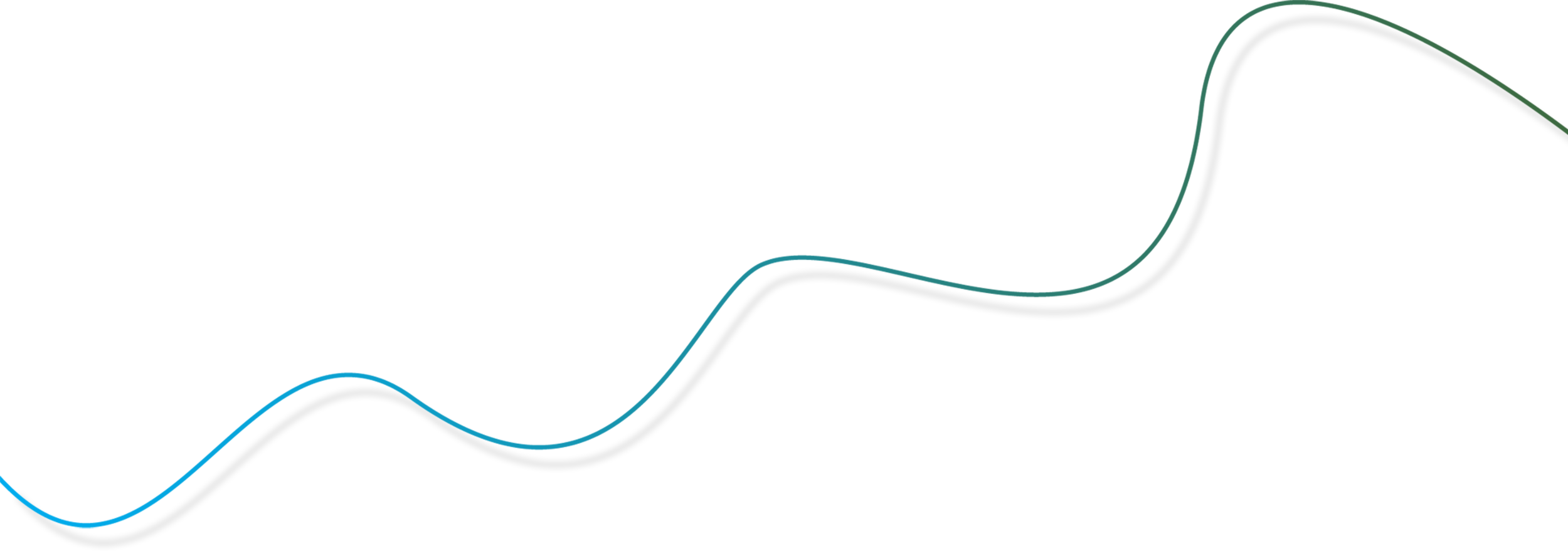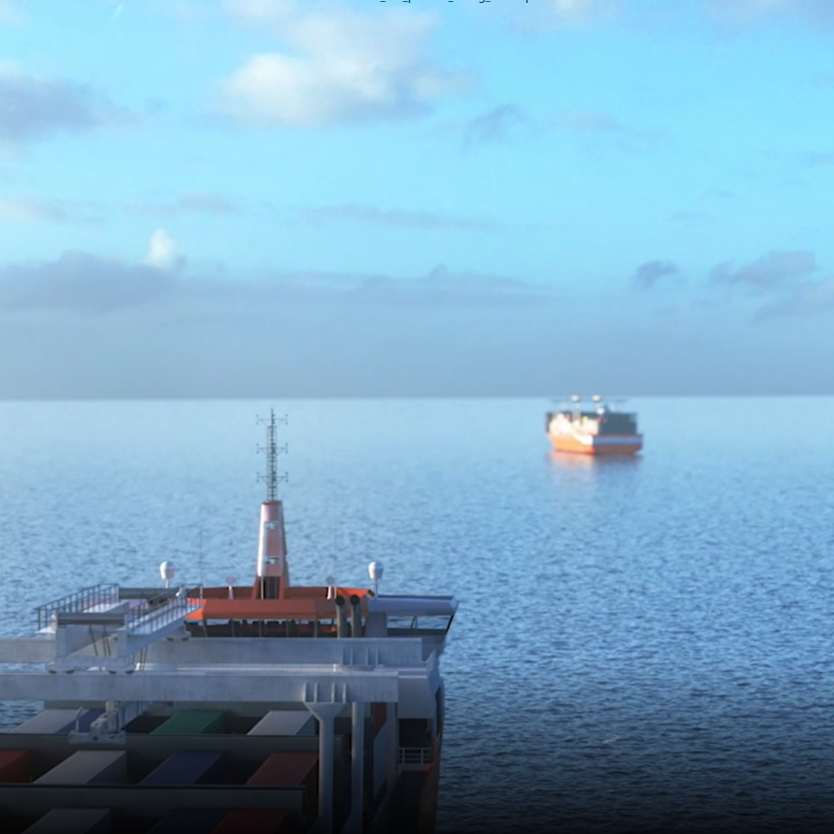This week we welcome Dr Harilaos Psaraftis, a professor at the Technical University of Denmark.
He completed his undergraduate studies in Greece and received a diploma from the National Technical University of Athens. He later received two M.Sc. degrees from MIT, the first in Naval Architecture and Marine Engineering and the second in Shipping and Shipbuilding Management. Shortly after, he acquired his Ph.D. in Ocean Systems Operations Research from MIT and went on to work as an Associate Professor at the institution for a decade.
Psaraftis also served as CEO of the Piraeus Port Authority in the late ’90s to early 2000s. During this period, ports faced new challenges as international regulations for shipping were shifting. Psaraftis shares his experiences with us and provides commentary on changes he thinks we can expect to see in the way ports operate in the future.
His latest European Union project is AEGIS, which stands for Advanced, Efficient, and Green Intermodal Systems. It is a three-year project, and its objective is to design autonomous ships that will aid mainly intra-European maritime transport and short sea shipping. It will also design Europe’s new sustainable and highly competitive waterborne logistics system. Not only does this initiative help Europe to move shipping from the roads to freight but it also serves as a model for other countries to follow suit and mobilize towards clean shipping.
In this episode, we discuss a variety of topics ranging from climate change to the role carbon taxes have in internalizing environmental externalities. Join us and get an insider on what a maritime shipping expert believes it will take to achieve a zero-carbon fueled shipping industry.



